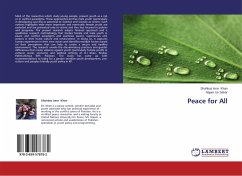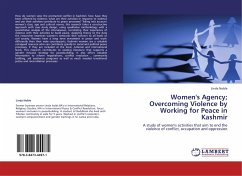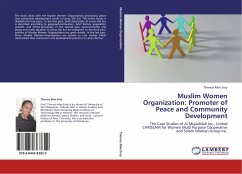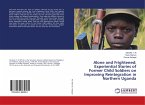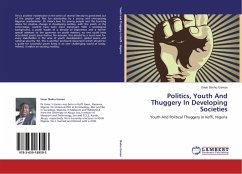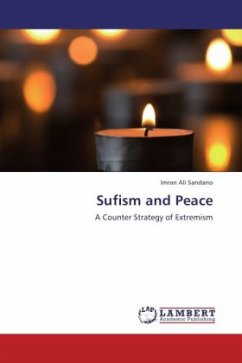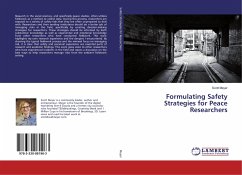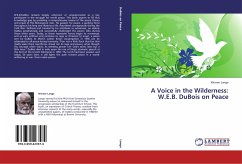Most of the researches which study young people, present youth as a risk or in conflict paradigms. These approaches portray male youth (particularly in developing country) as potential of violence and woman as victims. Such notions highlights male more important and eventually female youth are excluded and are presented only as victims and thus less focused in policies and programs. The present research adopts feminist approach and a qualitative research methodology that studies female and male youth in peace and conflict paradigms and examines power, experiences and actions in their home culture and environment. In doing so, it captures human experiences in their own voices and identifies multiple factors based on their perceptions that can help to create a secure and healthy environment. The research unveils the discriminatory practices and gender differences that create violence against youth (particularly female youth) in cultural, social, economic and political settings of D.I Khan, Khyber Pakhtunkhwa (KP), Pakistan. The study has come up with recommendations to lobby for a gender sensitive youth development, pro-culture and peoples friendly youth policy in KP.

